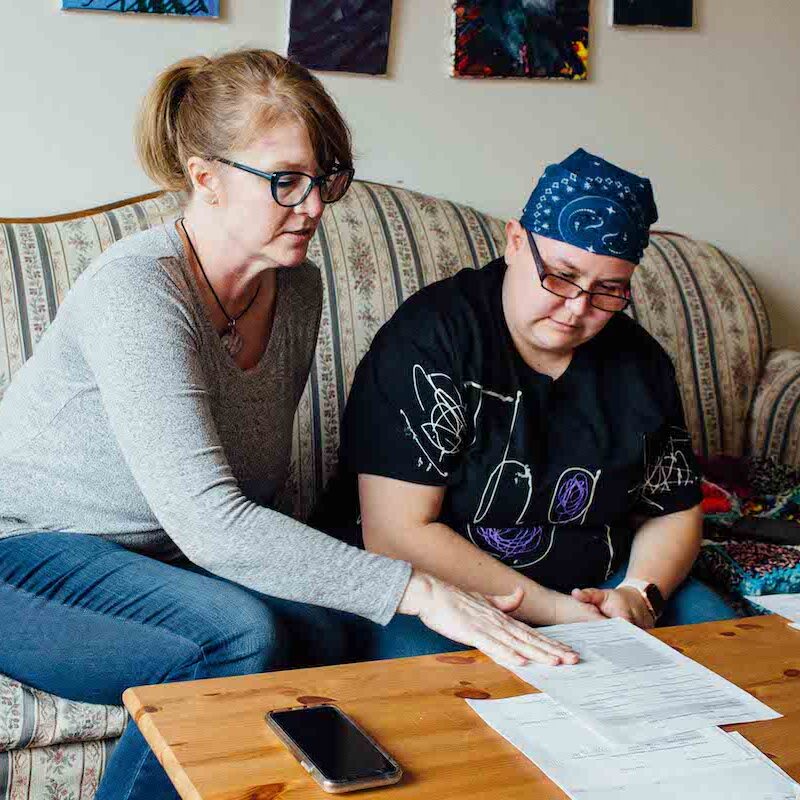In the topic on money mapping, we listed a few monthly expenses which a person will have when living independently, such as rent and utilities. Let’s take a closer look at the expenses associated with living on your own. Keep in mind as you look at this list, if you have a roommate or housemate, some of these expenses will be shared.

In addition to a security deposit (for rent) or down payment/closing costs (for purchase), there are additional one-time expenses to consider when moving out on your own. The amount can be substantial, but remember you are setting up a household of your own!
Friends and family will be excited for you when you move into your own place. They may have furniture and other household items they were planning to donate that they would like to give to you. Let them help you—these things add up! You can always purchase the furniture and household supplies you prefer later, but you can save a lot of money (and time) up front if you accept their generosity.
Brand new furniture can be expensive! Consider visiting a consignment or thrift store, as used furniture is a great alternative when you are just starting out. You can also find used furniture online on websites such as Craigslist and Facebook Marketplace. Make sure the furniture is clean and in usable condition. Even if it isn’t your style, you can dress it up with new paint, pillows, or fabric.